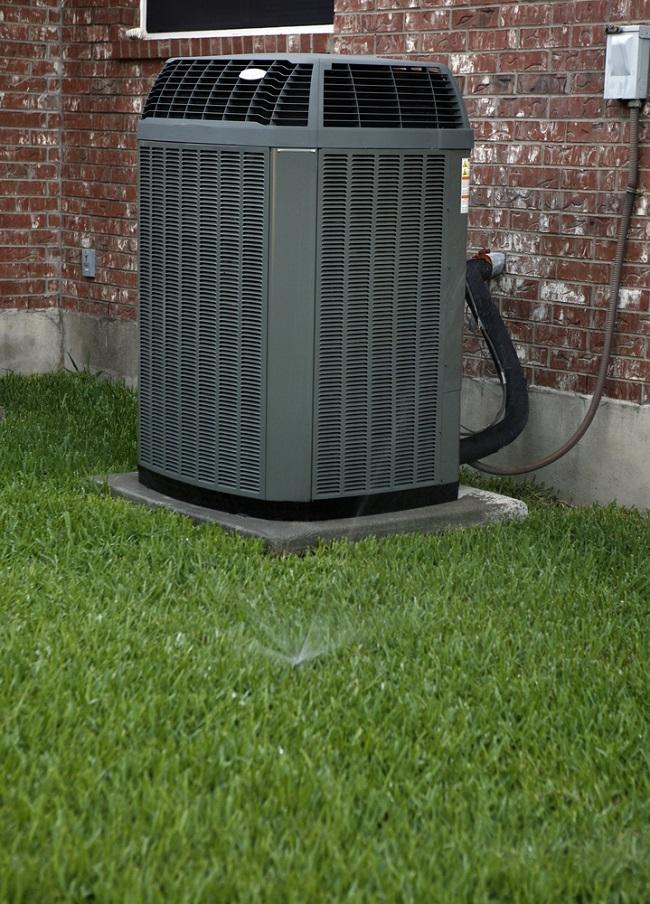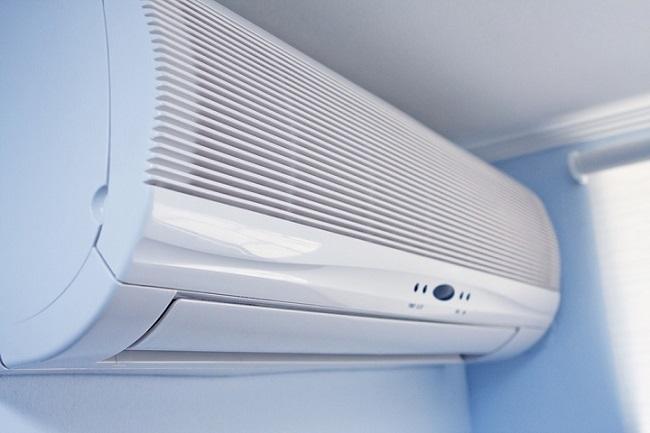The quest for a comfortable indoor environment, regardless of outside weather conditions, has led to the development of various air conditioning systems. Among them, Refrigerated Air Conditioning has emerged as a popular choice for many homeowners. What does refrigerate air conditioning bring to the table, and how does it improve indoor air quality and humidity control? Let’s dive into a comprehensive discussion to answer these crucial questions.
Understanding Refrigerated Air Conditioning
Understanding the functionality of Refrigerated Air Conditioning, commonly referred to as central air conditioning, is a breeze once you get to grips with its basic principles. This ingenious system is designed to not just cool, but also dehumidify and circulate air throughout your home or commercial building. It operates on a rather straightforward principle, extracting the heat from the interior and releasing it outside, thereby creating a cool, comfortable indoor environment.
In essence, understanding the mechanism of refrigerated air conditioning can help you appreciate the comfort and convenience it offers. It’s more than just an appliance; it’s an investment in your comfort and quality of life. So, when the Aussie heatwaves roll in, you can relax knowing that your trusty refrigerated air conditioning system has got your back!
The Science Behind Refrigerated Air Conditioning
The underlying principle of refrigerated air conditioning is relatively simple— it’s all about heat transfer. The system uses a refrigerant, a special fluid that changes from a gas to a liquid at low temperatures. As this refrigerant circulates through the system, it absorbs heat from indoors and releases it outdoors, effectively cooling down the interior of the building.
Benefits of Refrigerated Air Conditioning
Refrigerated air conditioning does more than just cool your space. It significantly improves indoor air quality by filtering out dust, allergens, and pollutants. Moreover, it provides excellent humidity control, which is crucial for comfort and health, especially in humid climates. The system is also known for its energy efficiency, which can translate into substantial savings on utility bills.
Comparing Refrigerated Air Conditioning and Evaporative Cooling
While both systems serve the same purpose—cooling— their methods are different. Evaporative cooling, also known as swamp cooling, relies on the evaporation of water to cool the air, which can lead to increased humidity indoors. On the other hand, refrigerated air conditioning reduces humidity, providing a more comfortable environment, especially in humid areas.

Installation Costs of Refrigerated Air Conditioning
The installation cost of a refrigerated air conditioning system can vary widely, depending on factors such as the size of the space, the specific system chosen, and labor costs. Despite a potentially higher upfront cost than other cooling systems, refrigerated air conditioning can be a cost-effective choice in the long run due to its energy efficiency and low maintenance needs.
Maintenance of Refrigerated Air Conditioning Systems
If well maintained, a refrigerated air conditioning system can last for many years. Regular maintenance includes cleaning or replacing filters, checking for refrigerant leaks, and ensuring all components are working efficiently. While some tasks can be done by the homeowner, others may require professional servicing.
Environmental Impact of Refrigerated Air Conditioning
While refrigerated air conditioning offers many benefits, it’s essential to consider its environmental impact. The system uses refrigerants, some of which have been linked to ozone depletion and global warming. However, newer models are shifting towards more environmentally friendly refrigerants, reducing their environmental footprint.
Conclusion
Refrigerated air conditioning offers a winning combination of cooling, improved air quality, and humidity control. Although it may require a significant initial investment, its benefits— comfort, health, and energy efficiency— are well worth it. As we become more conscious of our environmental impact, choosing a system with eco-friendly refrigerants is a step towards more sustainable living.
